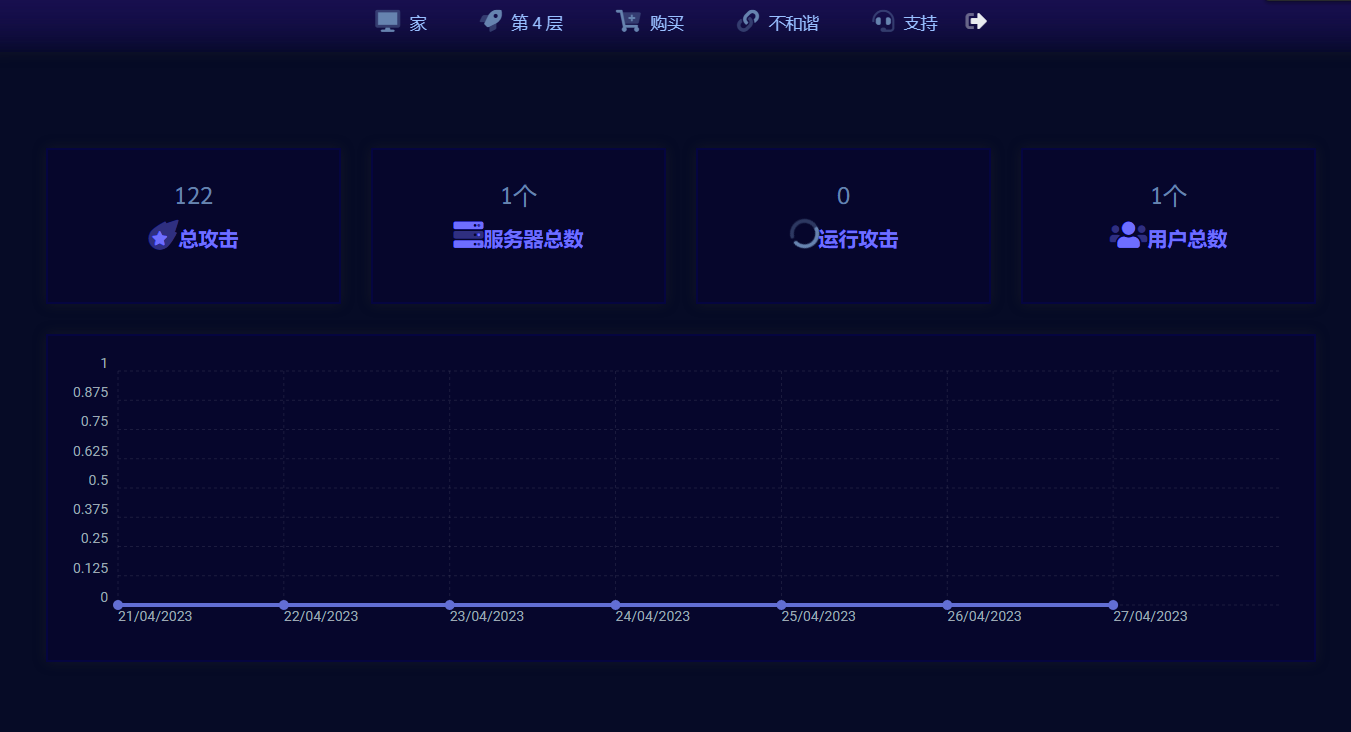Why a Data Plan is Essential for App Development and Testing
Why a Data Plan is Essential for App Development and Testing
In the realm of mobile app development and testing, a data plan plays a pivotal role in ensuring the success and seamless functioning of an application. A well-structured data plan serves as a roadmap, providing a clear understanding of the necessary data requirements, usage, and management strategies throughout the development and testing phases. Here are compelling reasons why a data plan is indispensable for app development and testing:
Data-Driven Development:
Mobile applications rely heavily on data for various purposes, including user interactions, content delivery, analytics, and backend operations. A comprehensive data plan outlines the specific data types, formats, and sources required for the app's functionality. This enables developers to design and implement data structures, algorithms, and APIs that efficiently handle and process the data.
Realistic Testing Environment:
Creating a realistic testing environment is essential for identifying potential issues and ensuring the app's reliability. A data plan helps testers simulate real-world usage scenarios by providing a diverse set of test data. This includes valid and invalid data, boundary conditions, and edge cases, allowing testers to thoroughly evaluate the app's behavior under various circumstances.
Performance Evaluation:
Data plays a crucial role in assessing the performance of a mobile application. A data plan specifies the volume, types, and characteristics of the data to be used in performance testing. This enables testers to measure the app's response times, resource utilization, and scalability under different data loads and usage patterns.
【4.】Data Security and Compliance:
Mobile applications often handle sensitive user data, making data security a primary concern. A data plan addresses data security measures and compliance requirements. It outlines the necessary encryption techniques, authentication mechanisms, and access control policies to protect user data from unauthorized access, modification, or disclosure.
【5.】Data Storage and Management:
A well-defined data plan helps determine the appropriate data storage and management strategies for the app. It specifies the types of data to be stored, the storage mechanisms (e.g., local storage, cloud storage, or hybrid storage), and the data retention policies. This ensures efficient data handling, minimizes storage costs, and complies with regulatory requirements.
【6.】Data Analytics and Feedback Loop:
Mobile apps often generate large volumes of data during usage. A data plan includes a strategy for collecting, analyzing, and utilizing this data to gain insights into user behavior, app usage patterns, and performance metrics. This feedback loop enables developers and testers to continuously improve the app's features, functionality, and user experience.
【7.】Cross-Platform Compatibility:
In today's multi-platform ecosystem, mobile apps are expected to work seamlessly across various devices and operating systems. A data plan ensures that the app's data structures, formats, and APIs are compatible with different platforms, reducing compatibility issues and enabling a smooth user experience across devices.

【8.】Scalability and Future-Proofing:
A well-structured data plan considers the future growth and expansion of the app. It outlines the strategies for handling increased data volumes, adding new features, and integrating with other systems. This future-proofing approach ensures that the app can adapt to changing business requirements and user expectations over time.
Conclusion:
A data plan is an essential element in the development and testing of mobile applications. It provides a roadmap for data requirements, usage, and management, facilitating data-driven development, realistic testing, performance evaluation, and data security. By following a structured data plan, developers and testers can create robust, reliable, and scalable mobile applications that meet user expectations and business objectives.
